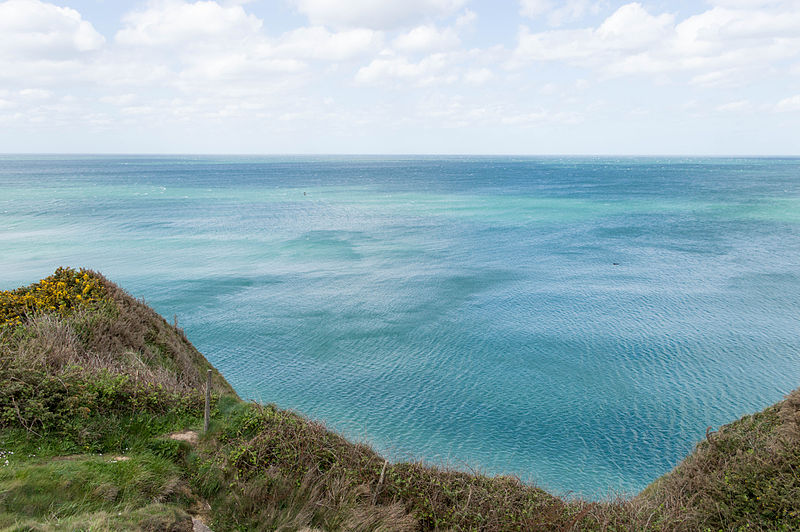
The UK government has announced new legislation that would remove and ban any Channel migrants who arrive in the country in small boats from re-entering the UK and applying for
citizenship. The move is part of Prime Minister Rishi Sunak's strategy to "stop the boats" and tackle the increase in numbers of asylum seekers making the dangerous crossing from France to the UK.
Under the new legislation, the home secretary would be required to remove any small boat arrivals to Rwanda or a "safe" third country as soon as possible and ban them from returning permanently. The proposed law is expected to apply a "rights brake" to allow the conventions to be circumvented, effectively limiting the rights of asylum seekers.
The Refugee Council has criticized the plans and warned that thousands of people would be left "permanently in limbo" as a result. The organization accused the government of shattering the UK's long-standing commitment to giving people a fair hearing regardless of how they arrive in the country.
The government has faced fierce opposition to the Rwanda plan, with campaigners and legal interventions leading to a preliminary hearing at the Court of Appeal. Despite a deal being reached last year, not one migrant has been sent to Rwanda yet, and any plans to do so are currently on hold. There is also no returns agreement in place with the EU.
Labour's Wes Streeting criticized the government's proposed measures as "unworkable gimmicks" and called for safe routes into the country for asylum seekers, faster processing of asylum claims, and cracking down on trafficking gangs. Lord Blunkett, Labour's former home secretary, said any new migration policy would need France's backing, which the government knew it would not get.
The government's Northern Ireland Secretary Chris Heaton-Harris said the new legislation would only form one part of the UK's response to stop people trafficking and illegal migration across the Channel. The Home Office said there were a number of "safe and legal" routes to the UK, but some were only available to people from specific countries, while others only accepted a limited number of refugees according to precise criteria.
In 2022, 45,755 migrants crossed the Channel to Britain, according to government figures, the highest number since records began in 2018. Latest Home Office figures show 2,950 migrants have crossed the Channel already this year, coming from a range of countries including Albania, Iran, Iraq, Afghanistan, and Syria.
The proposed legislation has been met with criticism from various organizations, including the Refugee Council, Freedom from Torture, and the Lib Dems. The government has previously said the Rwanda plan would discourage others from crossing the English Channel, but there is no evidence that it has had any impact. Photo by Supercarwaar, Wikimedia commons.




































